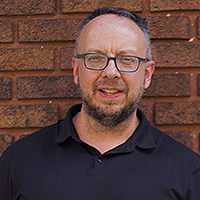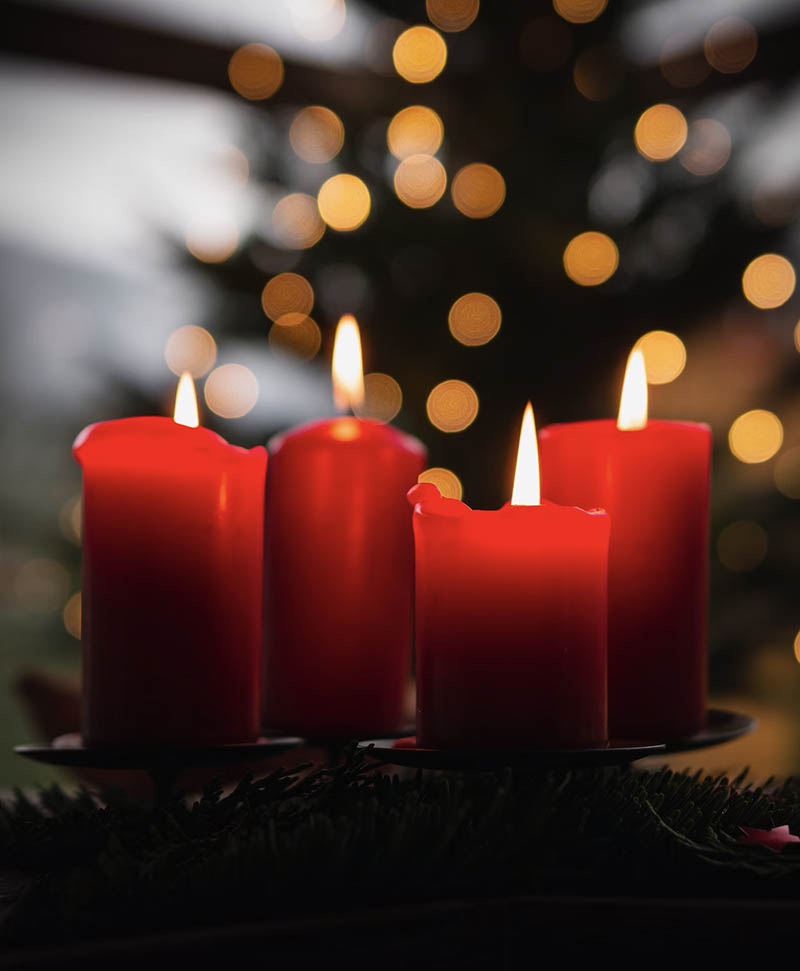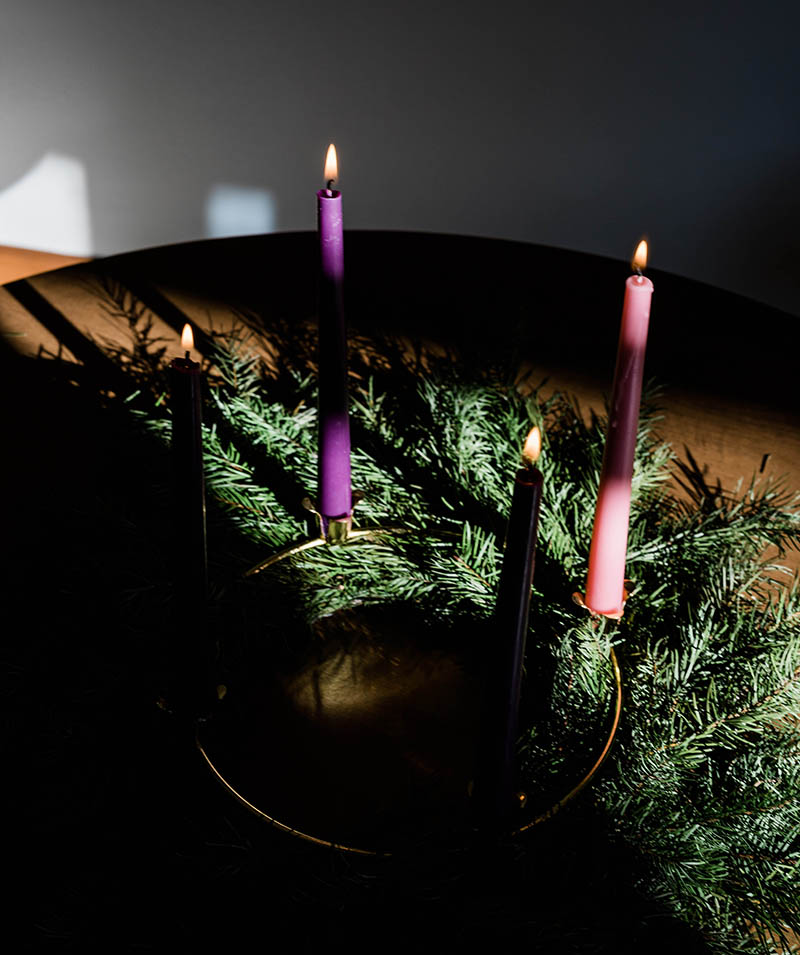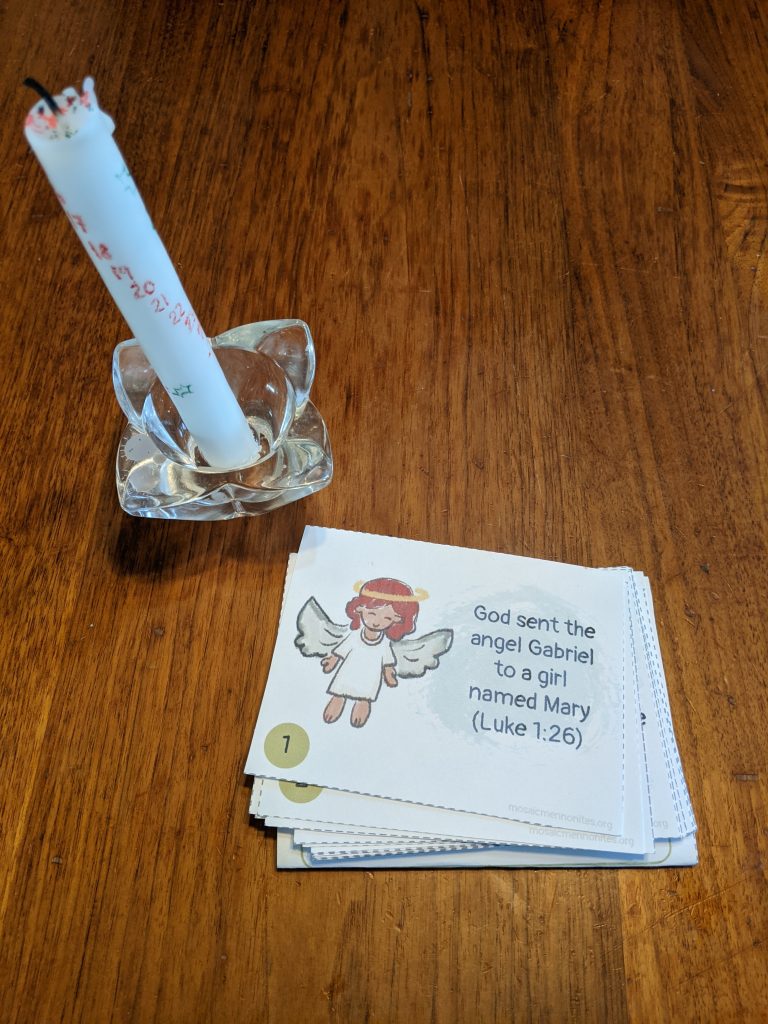by Hendy Matahelemual
This reflection was originally posted on the MC USA Menno Snapshots blog. It is republished with permission from MC USA.
As I reflect on the season of Advent, I think about what is meaningful for my family and church. We don’t really celebrate Advent as much as I remember when I was a kid. I remember growing up in a Catholic tradition, and during every Sunday Mass during Advent, the pastors would light a candle. There were four candles — one for each of the four weeks before Christmas, representing joy, peace, hope and love. But today, our preparation takes a different form.

Today, while no physical candle is lit, our hearts and minds are certainly ignited with the spirit of preparation for Christmas. At the beginning of November, our church Christmas committee began working, the choir started their practices early, and the drama ministry came up with a script that aligns with this year’s Christmas theme. This Sunday, we put up our Christmas tree at the church and began decorating. It’s a festive time, in which most of our congregation participates. There are a few weeks ahead with much to prepare, but we are excited.
We want to provide the best service to God, our congregation, and the guests who attend our Christmas service. It is customary among Indonesian churches to invite guests from other churches to our Christmas event, as well as friends and colleagues who have never been to our church before. In past years, our church attendance during Christmas has typically doubled.
This is a wonderful opportunity for outreach to unchurched individuals. Many Christians who are not actively connected to a church still feel a strong inclination to attend a Christmas celebration. This season provides a unique chance to engage with them, as the festive atmosphere and message of hope draw them in, creating a meaningful moment to reconnect with faith and community.
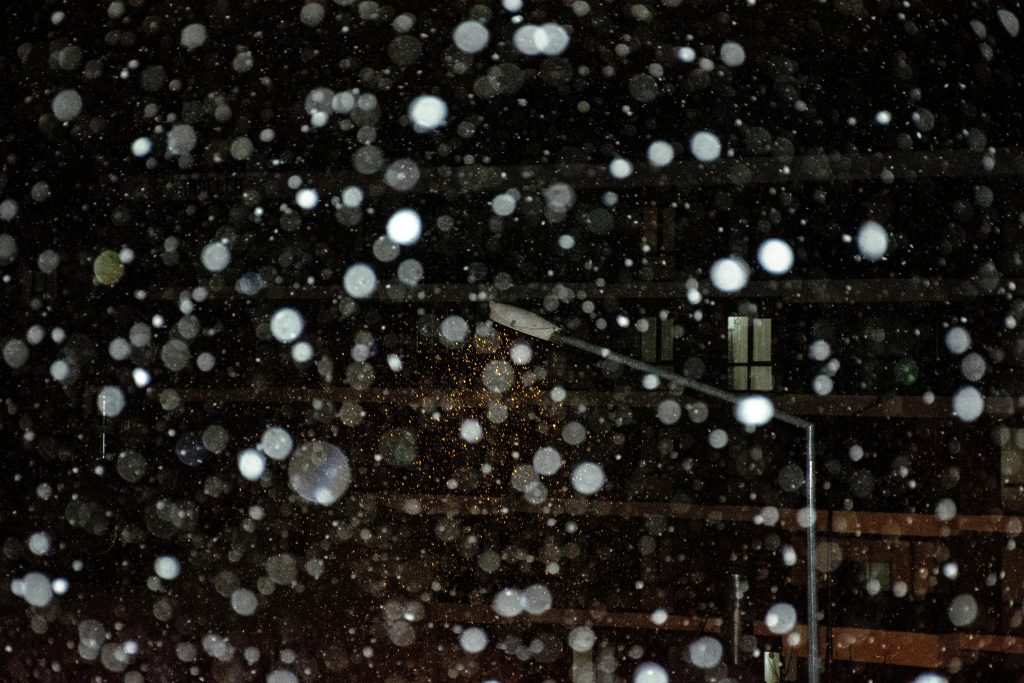
Advent, from the Latin “adventus,” meaning “coming” or “arrival,” is translated from the Greek “parousia” and reflects both Christ’s first coming in Bethlehem and his anticipated Second Coming in glory.
I often imagine, living in the dark world we face today, that if Jesus were in a plane needing to land, our role would be to light the runway with joy and celebration. We are called to illuminate the path with sacrificial love, burning brightly in our service to others, so that his arrival is met with the warmth and welcome of our hearts.
“You are the light of the world. A city set on a hill cannot be hidden. Nor do people light a lamp and put it under a basket, but on a stand, and it gives light to all in the house. In the same way, let your light shine before others, so that they may see your good works and give glory to your Father who is in heaven.”
— Matthew 5:14-16 (ESV)
As we prepare for Christmas, Advent reminds us that it’s not just about waiting but actively getting ready in our hearts and communities. Whether through lighting candles or through the work of our church teams, we are called to share Christ’s light in a dark world. This season gives us a special chance to welcome others into the hope, joy and love of Christmas. Let us shine brightly, not only through our preparations but in how we live, as we await Christ’s arrival. May our actions reflect his love and draw others to him during this special time.
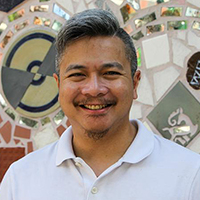
Hendy Matahelemual
Hendy Matahelemual is the Associate Minister for Community Engagement for Mosaic Conference. Hendy Matahelemual was born and grew up in the city of Bandung, Indonesia. Hendy lives in Philadelphia with his wife Marina and their three boys, Judah, Levi and Asher.



